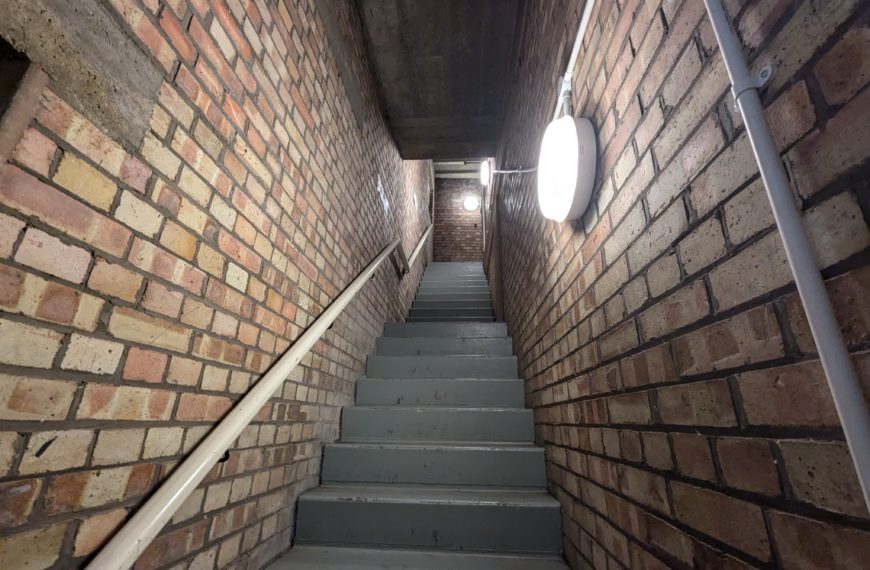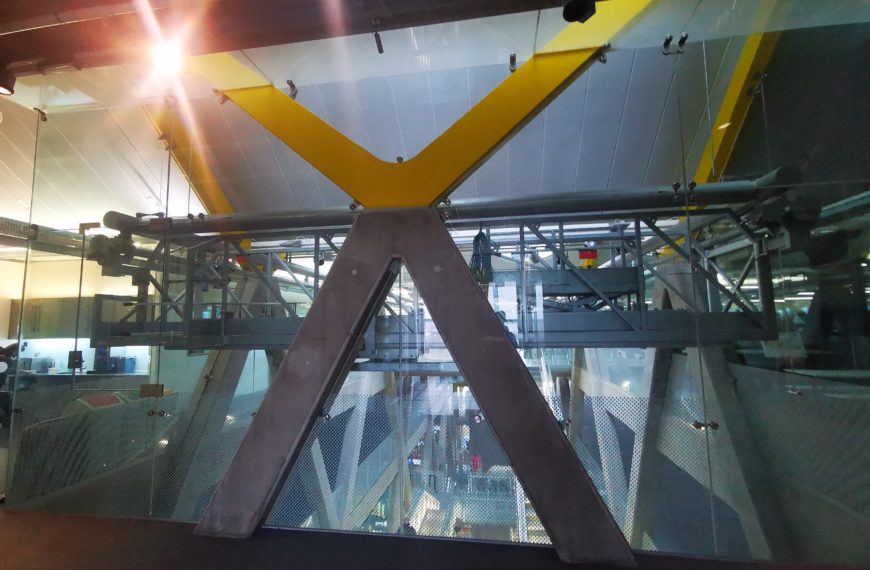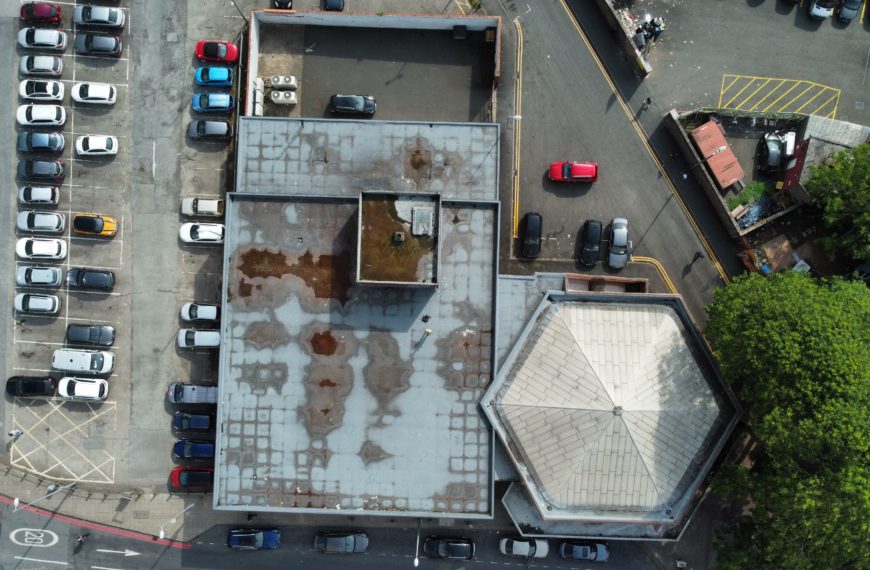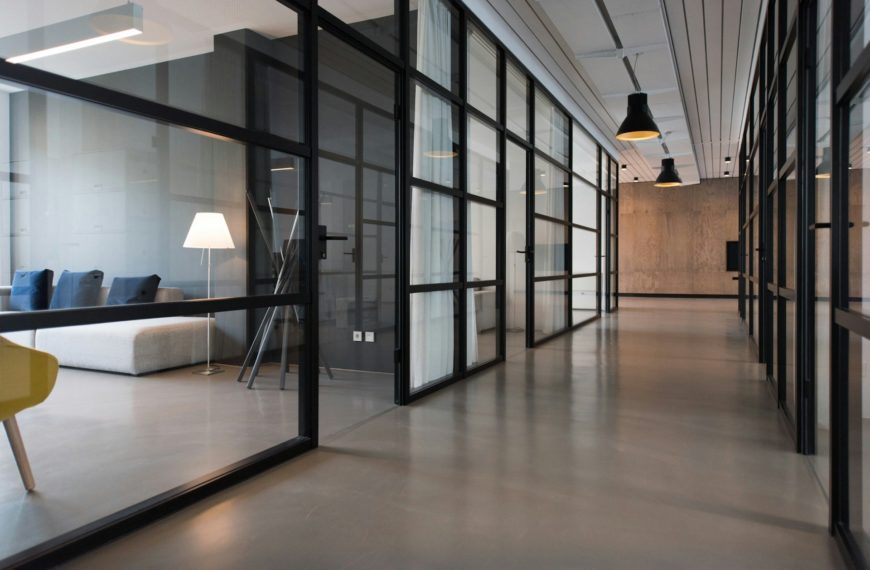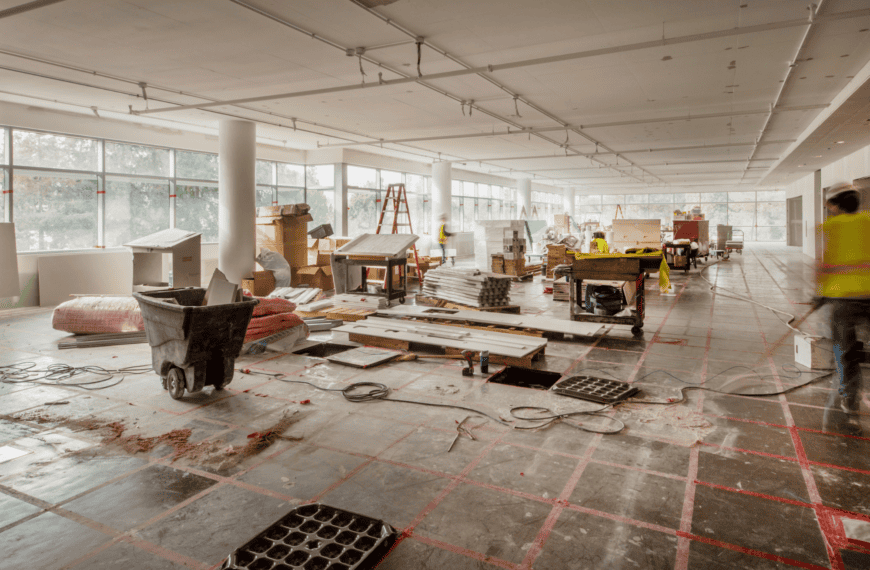When you live in a top-floor flat and the roof starts leaking, it’s more than just an inconvenience, it can lead to serious damage and disruption. But what happens when the party responsible for fixing it, usually your freeholder, refuses to take action?
At Fourth Wall Building Consultancy, we frequently support leaseholders through exactly these situations. We understand the frustration of hitting a wall when a freeholder is unresponsive, and we know how to help you navigate your rights, obligations, and next steps with confidence.
Below, we set out a clear, practical roadmap to help you resolve a leaking roof issue, even when the freeholder won’t play ball.
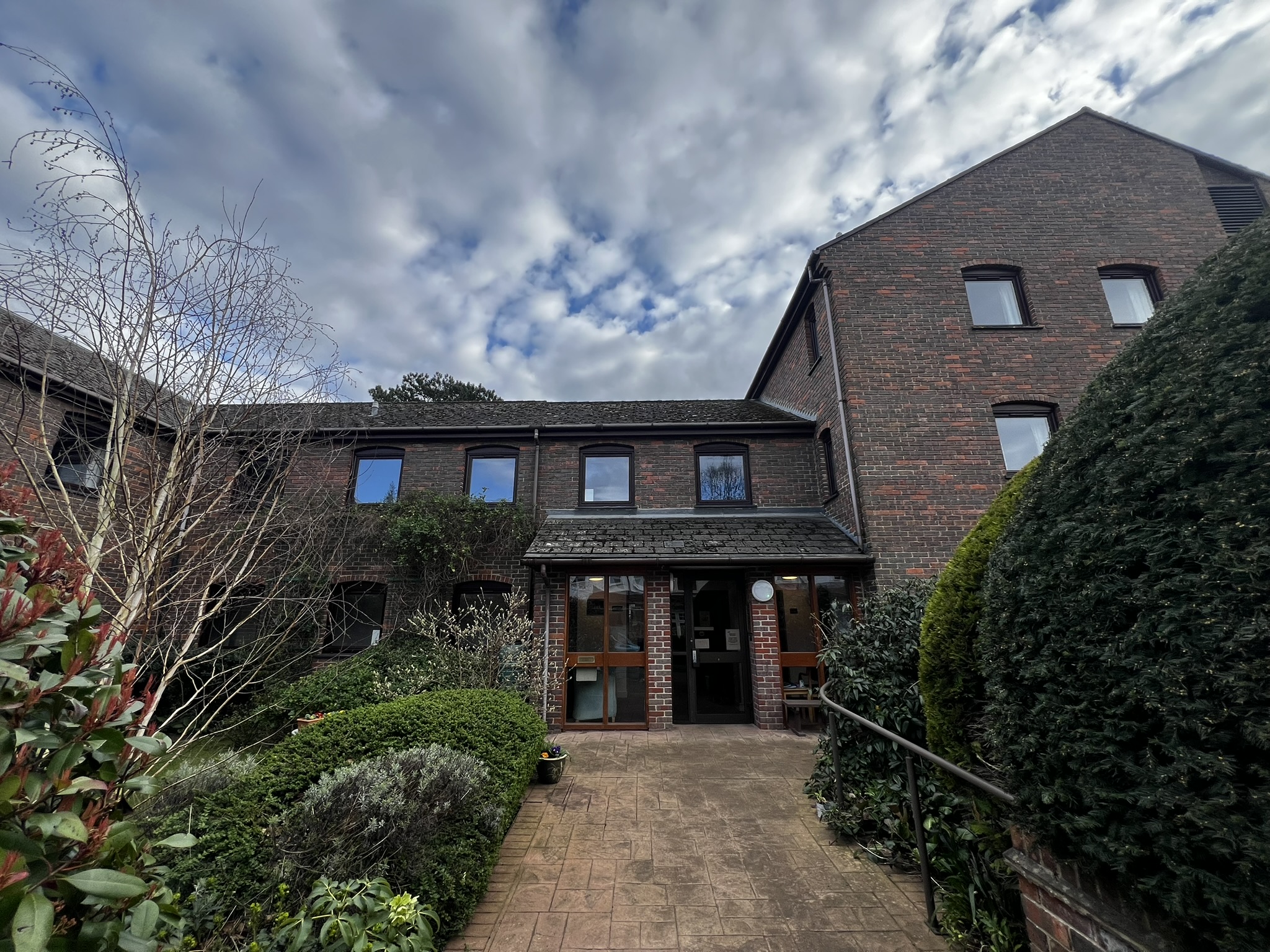
Understanding Who’s Responsible for Roof Repairs
In most leasehold buildings, responsibilities for maintenance and repairs are divided between the freeholder and the leaseholders, with details set out in the lease.
Leaseholder Responsibilities
Typically, as a leaseholder, you’re responsible for internal maintenance within your flat. This may include:
- Fixtures and fittings
- Internal decoration and finishes
- Floorboards and plasterwork
- Plumbing and internal electrics
Freeholder Responsibilities
The freeholder is generally responsible for the structure of the building, including:
- Roofs and external walls
- Guttering and downpipes
- Communal areas and shared services
Unless your lease says otherwise, the freeholder is obligated to repair and maintain the roof—especially if its failure is causing damage to your flat.
If Your Freeholder Won’t Repair the Roof
If your freeholder ignores the issue or delays repairs unreasonably, you have options:
- Start with Written Notification
Clearly document the issue and formally notify your freeholder in writing. Include photos or videos, dates, and any damage incurred. Keep a record of all correspondence. - Commission a Roof Survey
A professional roof survey from an RICS Chartered Surveyor provides impartial evidence of the problem and helps clarify liability. This can also be used if you need to escalate the matter legally. Find out more about Drone and on roof surveys here. - Legal Recourse
If the freeholder still refuses to act, legal remedies are available. You may:- Apply to the First-tier Tribunal to challenge unreasonable service charges
- Seek a court order compelling the freeholder to carry out repairs
- Involve your local council’s environmental health team if the issue affects health or safety
Importantly, delays in repair do not remove the freeholder’s obligation to act. Even if they are in the process of consulting with other leaseholders over costs, essential repairs should not be deferred.
Speak to a member of the team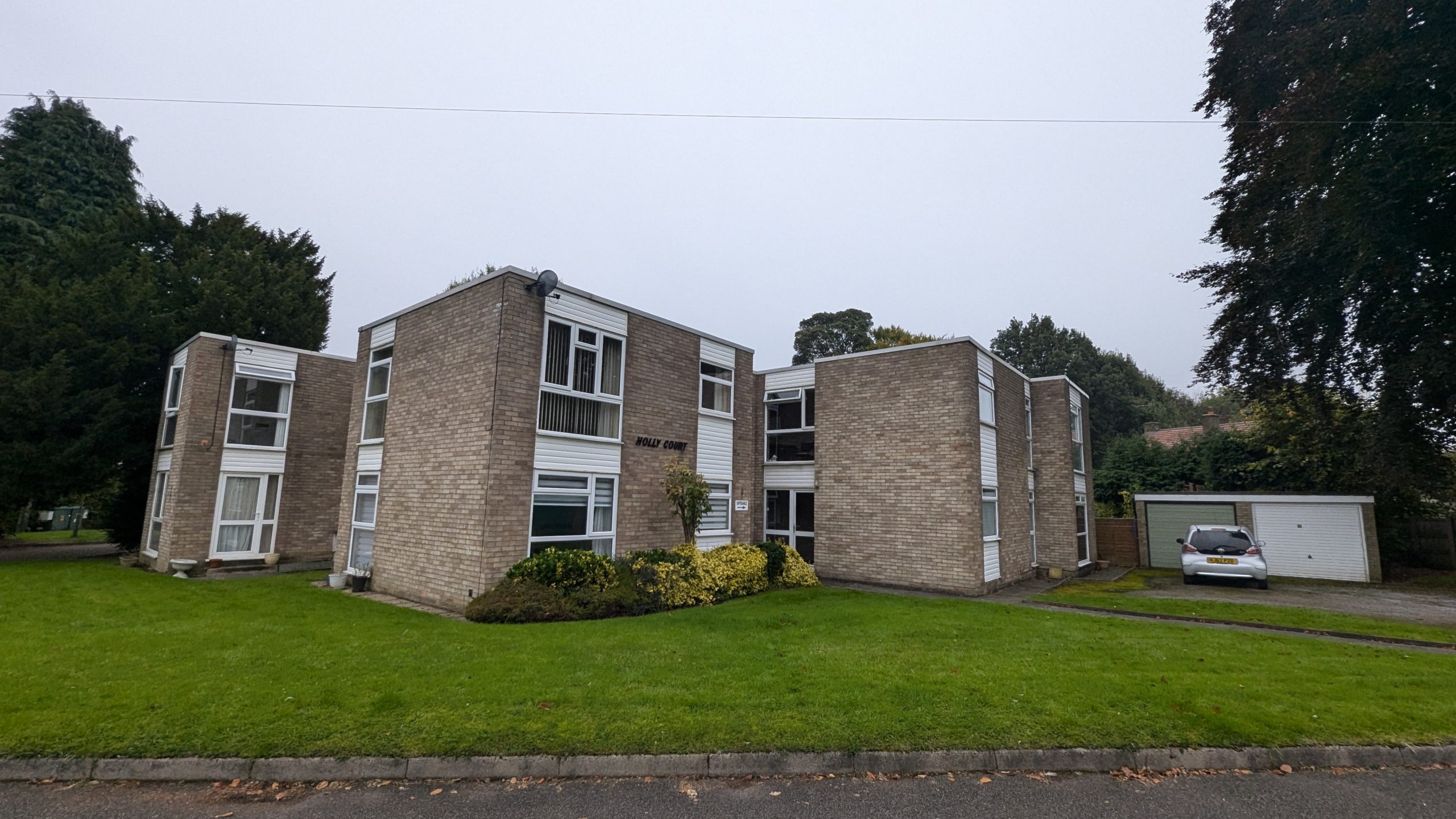
Who Pays for the Repairs?
While the freeholder usually arranges and oversees structural repairs, costs may ultimately be recharged to leaseholders via service charges or the building’s reserve (sinking) fund—depending on your lease.
Reserve Funds
Many leases require leaseholders to contribute to a reserve fund, which is intended to cover major works like roof repairs. However, any cost recovery must follow proper consultation procedures.
Disputing Charges
If you’re asked to contribute and you believe the charges are unreasonable, or consultation was not properly conducted, you can challenge them via the First-tier Tribunal.
Tip: If your lease assigns sole responsibility for the roof to the top-floor flat (a rare but possible clause), you may bear the cost yourself. A professional lease review will confirm this.
What to Do Next
At Fourth Wall, we work with leaseholders to resolve repair disputes efficiently. Here’s our recommended approach:
- Instruct a Roof Survey
Our RICS-accredited surveyors can provide a comprehensive roof condition report, typically within 24–48 hours. This independent evidence often prompts freeholders to act. - Engage Expert Advice
If the freeholder continues to delay or refuses to act, we can refer you to trusted legal partners who specialise in landlord and tenant law. In many cases, the matter can be resolved without formal litigation. - Know Your Rights
Remember: freeholders are obligated to keep the building in good repair. Failure to do so can entitle you to legal redress or compensation.
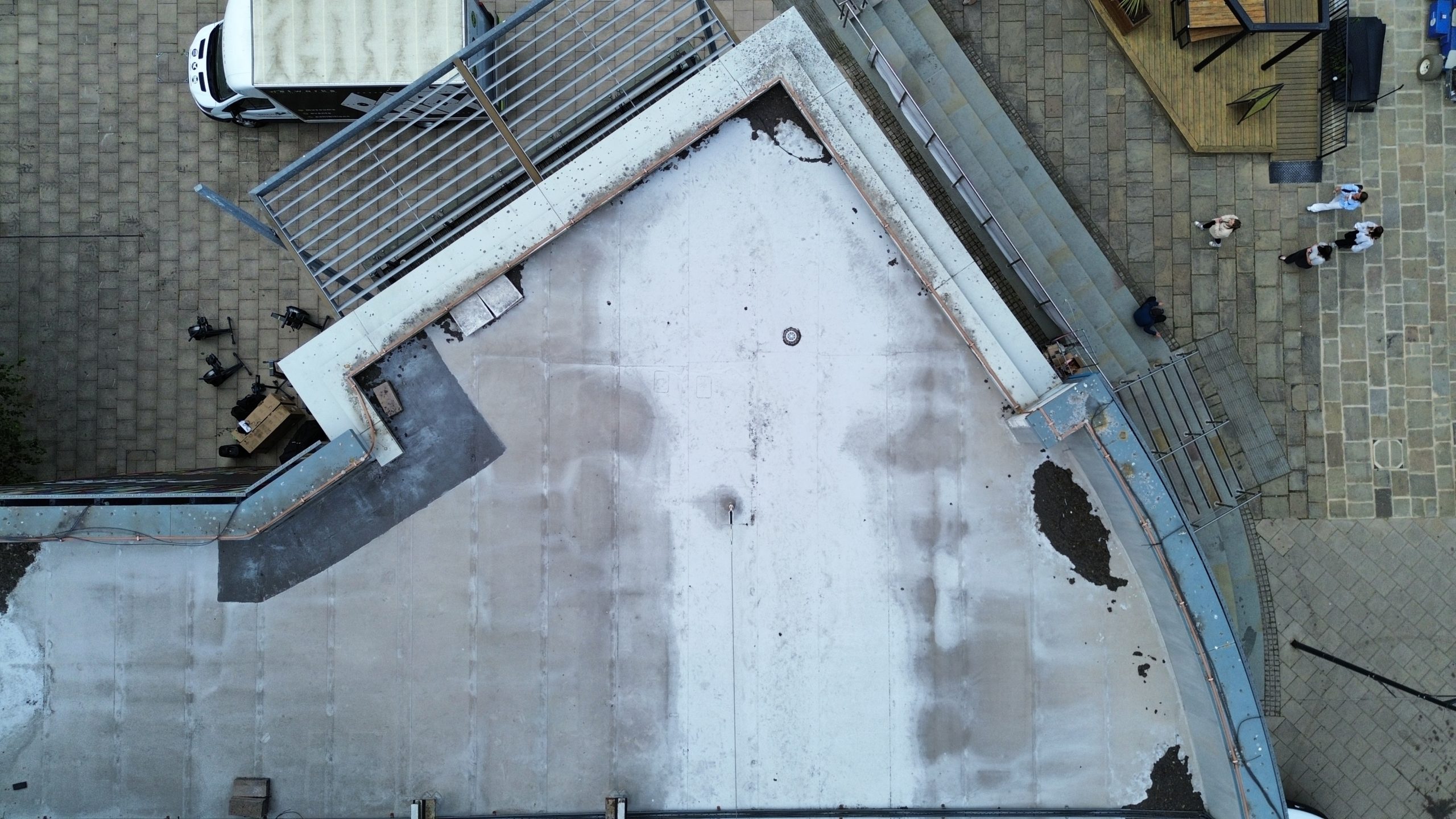
Leaking Roofs & Freeholder Obligations
Can I stop paying service charges if the roof isn’t repaired?
No but you can challenge how your service charge is being used. Non-payment could put you in breach of your lease.
How do I prove the roof is leaking?
Commission a RICS-accredited roof survey. This will provide photographic and technical evidence of the issue.
How long does a freeholder have to make repairs?
There’s no fixed timeline, but “reasonable time” depends on the severity of the issue. Urgent leaks affecting habitability should be addressed swiftly.
Can the council help?
Yes. If a leak affects health or safety, your local authority’s environmental health department may intervene and require your freeholder to act.
Need a Roof Survey to Support Your Case?
We carry out independent roof surveys for leaseholders across London and the South East. Our reports are clear, impartial, and court-admissible—and they’re often the first step toward resolving the problem.
Get in touch for a same-day quote or speak to our team for tailored advice. We’re here to help you take control and protect your home.

